
Pancreatic Cancer Initiative
Pancreatic cancer arises in the tissues of the pancreas, a vital organ behind the stomach responsible for producing digestive enzymes and hormones like insulin. It’s often considered a particularly challenging cancer due to its aggressive nature and the difficulty in detecting it in its early, more treatable stages.
Early symptoms of pancreatic cancer are often vague and can include jaundice (yellowing of the skin and eyes), abdominal or back pain, unexplained weight loss, loss of appetite, fatigue, and changes in bowel habits. Unfortunately, by the time these symptoms become noticeable, the cancer may have already spread beyond the pancreas to nearby organs or distant sites, making treatment more complex.
Several factors can increase an individual’s risk of developing pancreatic cancer. These include smoking, obesity, diabetes, chronic pancreatitis (long-term inflammation of the pancreas), a family history of pancreatic cancer, and older age. Genetic mutations can also play a role in some cases.
Diagnosis typically involves a combination of imaging tests such as CT scans, MRI, and endoscopic ultrasound, along with a biopsy to confirm the presence of cancerous cells.
Treatment options depend on the stage of the cancer and the patient’s overall health. They can include surgery to remove the tumor (if possible), chemotherapy, radiation therapy, targeted therapy drugs that focus on specific abnormalities in cancer cells, and immunotherapy. Research continues to explore new and more effective ways to diagnose and treat pancreatic cancer.
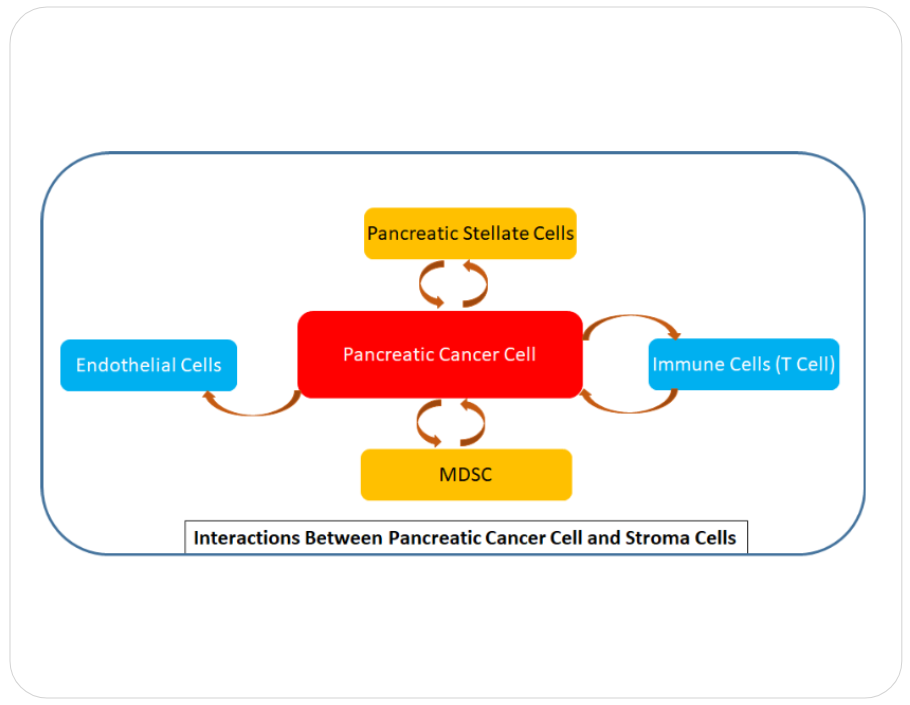
Research Progress
.
The Open Science Institute’s Pancreatic Cancer Initiative has now progressed to the First phase — Systems Architecture.
We need your support to move forward. Our goal is to raise $2 Million to research and reveal to the scientific community, highlighting the powerful potential of ingredients in Pancreatic Cancer. Please support this initiative.
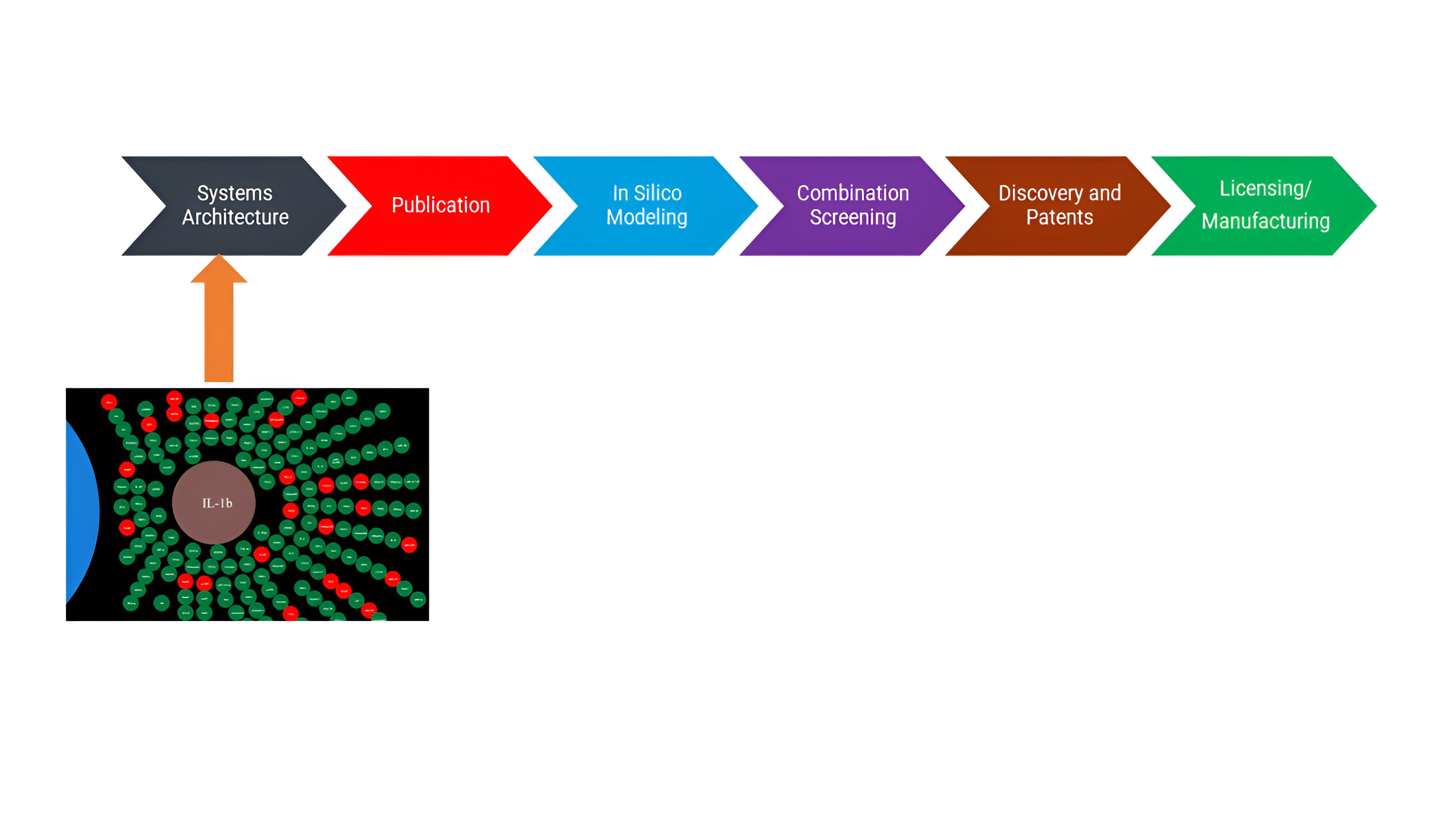
Systems Architecture
The Systems Architecture of Pancreatic Cancer is published as a Web-based tool open to public. Click below to interact with the systems architecture
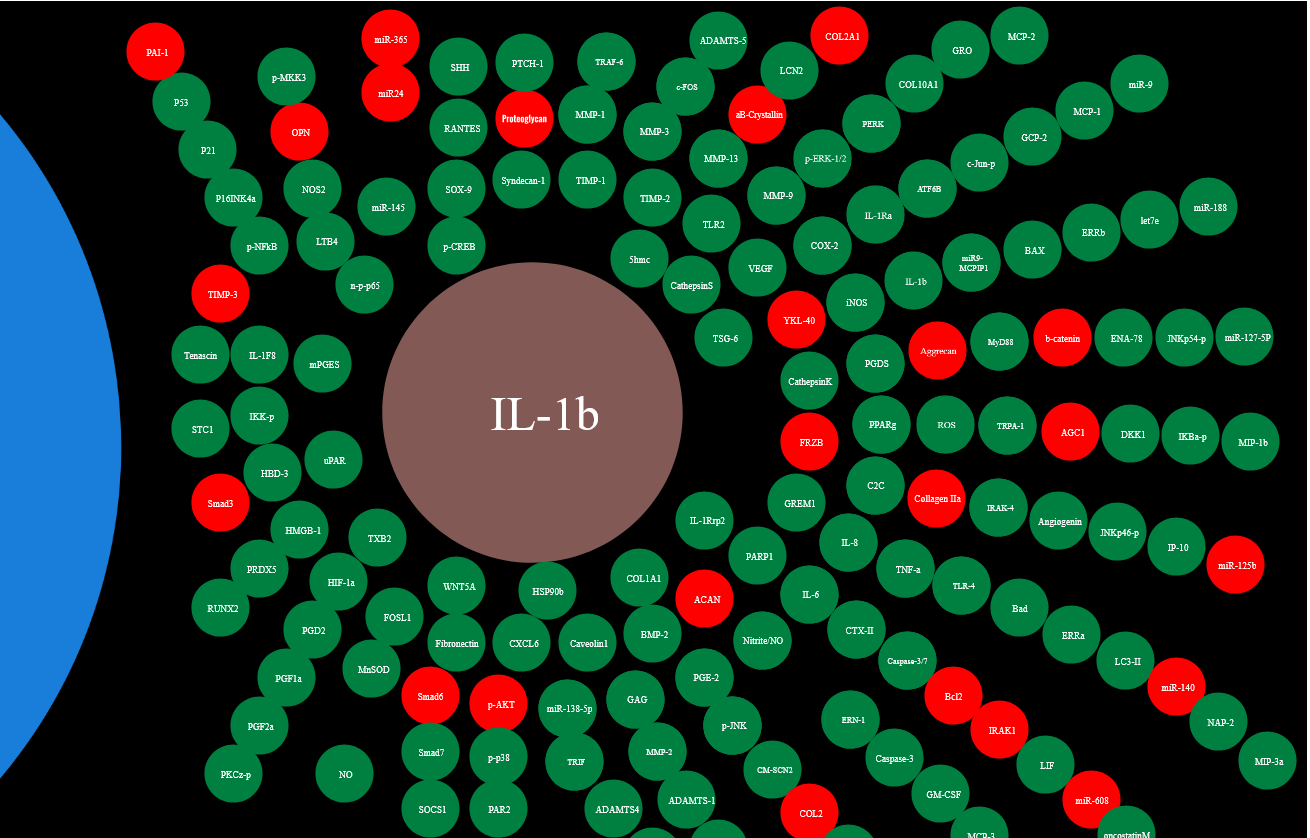
Publication
A peer-reviewed publication from thePancreatic Cancer Initiative will be released soon to benefit the public by revealing powerful insights into the use of ingredients for treating Pancreatic Cancer—support this initiative to advance scientific discovery and deliver real solutions
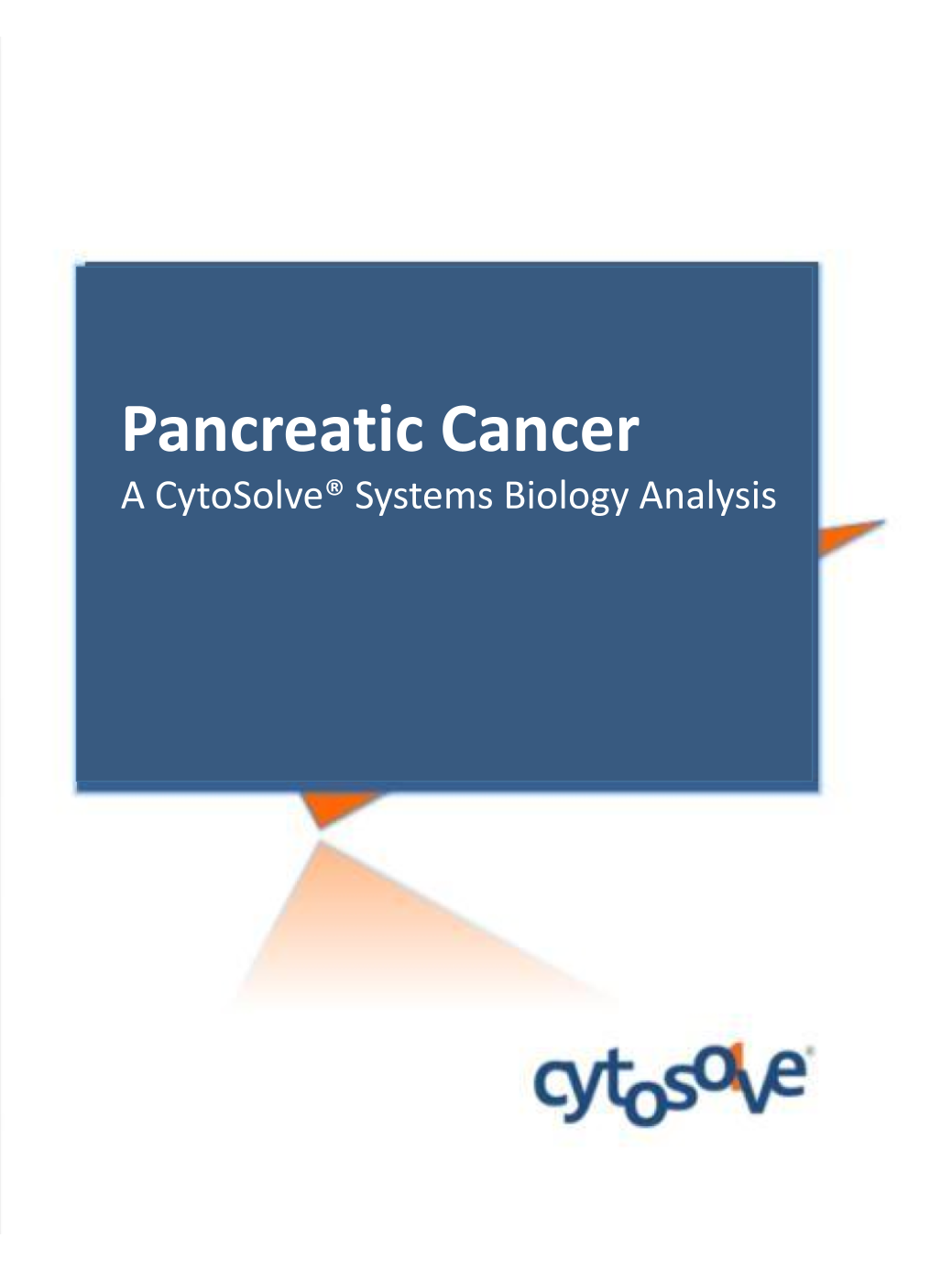
In silico Modeling
In this phase, the Pancreatic Cancer Initiative will conduct in silico modeling to identify and test the efficacy of natural ingredients on Oncogenesis, Cell proliferation and angiogenesis activity. This phase is yet to begin.
Combination Screening
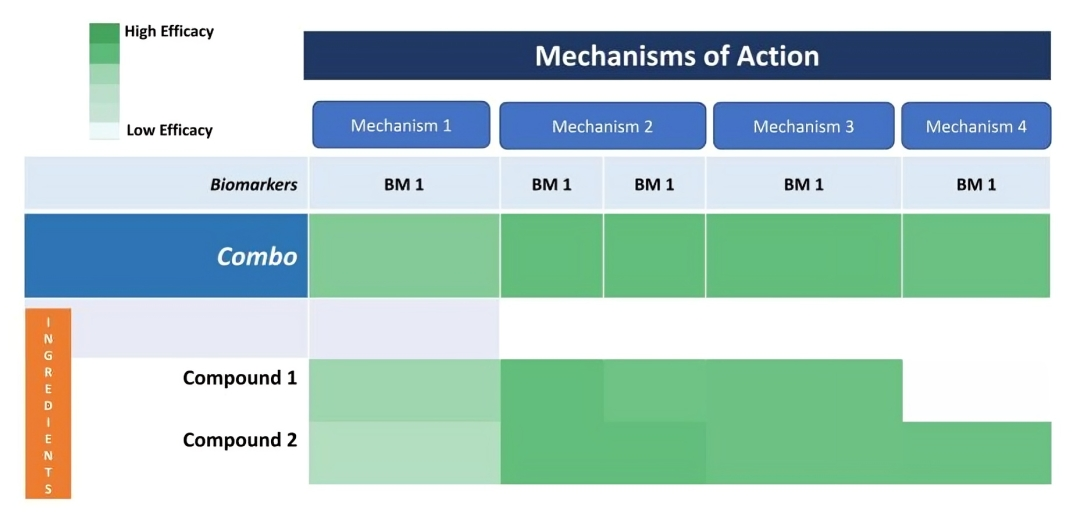
Patents
The Open Science Institute® through its Pancreatic Cancer initiative is moving towards getting patents for a revolutionary compounds that affects Oncogenesis, Cell proliferation and angiogenesis activity.

Licensing and Manufacturing
The Pancreatic Cancer Initiative plans to discover, develop, license and manufacture a Pancreatic Cancer product which supports treatment of many diseases. Support our mission to bring this innovation to those who need it most. Please support this Phase by donating to the Pancreatic Cancer Initiative
